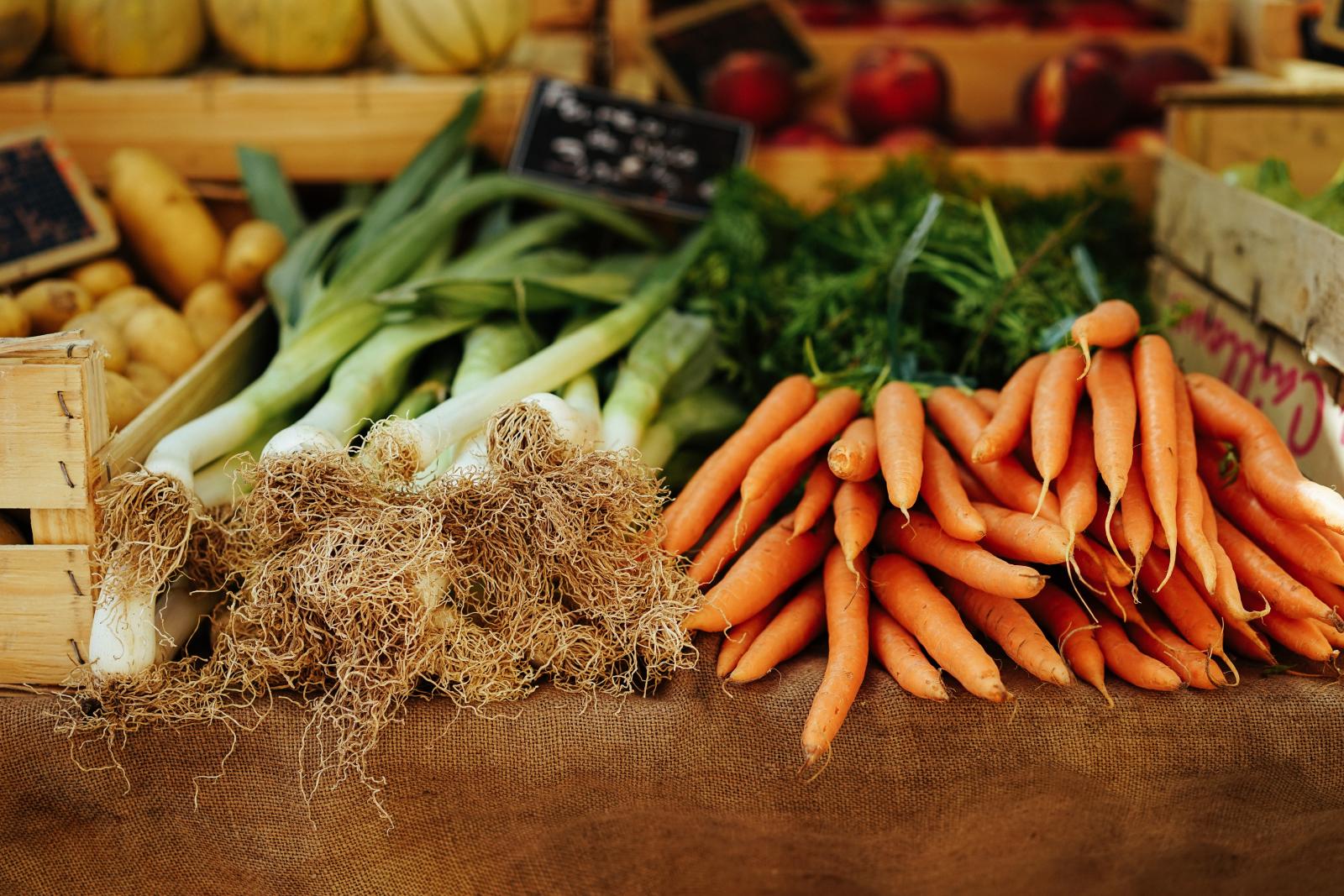 Photo credit: Peter Wendt - Unsplash
Photo credit: Peter Wendt - Unsplash
What are food co-ops?
Archived project
Please note that the content on this page has been archived and is not actively reviewed at present.
Generally community food co-ops and buying groups can be categorised as enterprises that are run by the community for the community, on a not for profit basis, supplying produce at affordable prices and relying on the support of volunteers, either in the day-to day running or on the committee.
However that is where the similarity ends as every food co-op, buying group or community food enterprise is unique, and the way they run will depend on the community they serve and the people who run it. Food co-ops can differ in almost every way including:
What they sell - A lot of food co-ops sell fruit and vegetables, whereas others focus on organic wholefoods and some also sell eggs, meat, dairy produce or other foods.
When they're open - Many food co-ops only run one day a week, some meet once a month, and others are open every day.
How they sell - Food co-ops can operate as veg bag or box schemes, fruit and veg stalls, informal groups purchasing dried wholefoods in bulk to get discounts, shops, markets, food hubs or frequently a combination of more than one of these.
Where they sell - Food co-ops operate in a wide range of locations e.g. schools, community centres, church halls or some even have their own shops.
Other types of co-ops
Co-operatives can be categorised in more than one way, so it can be a little confusing at first. They can be defined according to their ownership structure and primary members, to the product or service the co-op offers, or to the activity they are engaged in.
Therefore the term food co-operative is used to describe any co-operative business that is involved in the production or supply of food. These may include:
- Worker co-operatives - in which the members are the workers. These are businesses that are owned and controlled on a democratic basis by their employees. Many wholefood wholesalers and wholefood shops are run as workers co-operatives
- Producer co-operatives - which are owned and controlled by farmers. These can be involved in producing, processing or marketing agricultural products; they might also supply agricultural inputs and services to their members.
- Consumer co-operatives - in which the primary members are the co-operatives' customers. These types of co-operative can provide a variety of goods or services and can range from small groups of friends to large chains of retails outlets.
Our website and toolkit focuses on community-run food co-ops that operate on a not-for-profit basis. These are often set up as consumer co-operatives but may also run on a more informal basis.
If you are interested in setting up another type of co-operative you can get more advice from Co-operatives UK.
Food Co-ops: Building community wealth, supporting the planet and championing farmers.
Sustain
The Green House
244-254 Cambridge Heath Road
London E2 9DA
020 3559 6777
sustain@sustainweb.org
Sustain advocates food and agriculture policies and practices that enhance the health and welfare of people and animals, improve the working and living environment, promote equity and enrich society and culture.
© Sustain 2024
Registered charity (no. 1018643)
Data privacy & cookies
Icons by Icons8